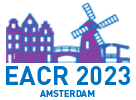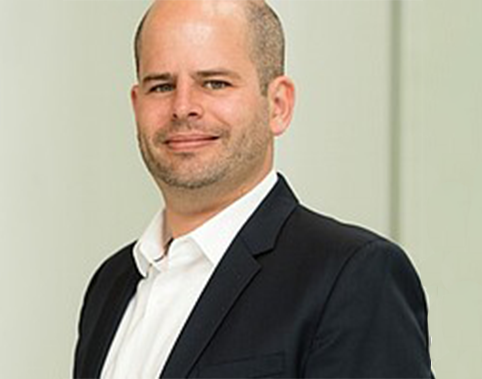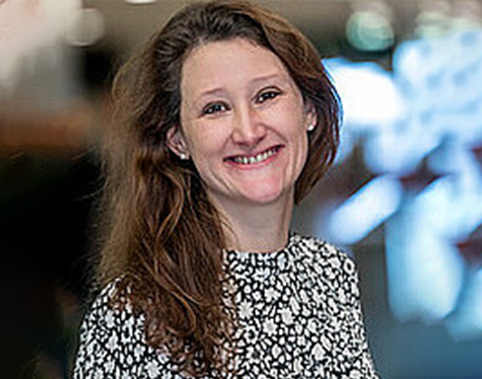Scraping and Making Sense of Web and Field Data for Consumer Research
This special session discusses some of the opportunities that the recent technological advances in data collection (web scraping, application programming interfaces) and data analysis (causal machine learning) offer consumer researchers to advance the field in new directions.
In the first part of this special session, Johannes Boegershausen will discuss new opportunities and challenges in data collection, including web scraping and application programming interfaces (APIs) to collect data from the internet. Despite the widespread use of such web data, the idiosyncratic and insidious challenges in its collection have received limited attention. While most existing resources emphasize the technical details of extracting web data, the presentation will summarize a novel methodological framework focused on enhancing its validity. In particular, the session will highlight how addressing validity concerns requires the joint consideration of idiosyncratic technical and legal/ethical questions along the three stages of collecting web data: selecting data sources, designing the data collection, and extracting the data.
In the second part of the special session, Aurélie Lemmens will discuss how consumer researchers can leverage causal machine learning to reveal meaningful moderation effects when testing for a behavioral phenomenon. Causal machine learning is a new field of research at the intersection of machine learning and causal inference. It provides a powerful and flexible way to reveal complex interaction effects in large datasets and to estimate the Conditional Average Treatment Effect of an intervention. There has been an increasing number of successful applications of this approach in marketing research, including consumer research, that will be discussed in this presentation.
The session will also feature food for thought for identifying promising web data sources and exploring novel approaches for using web data to capture and describe evolving marketplace and corporate realities. There will be ample time for questions and interactions.


